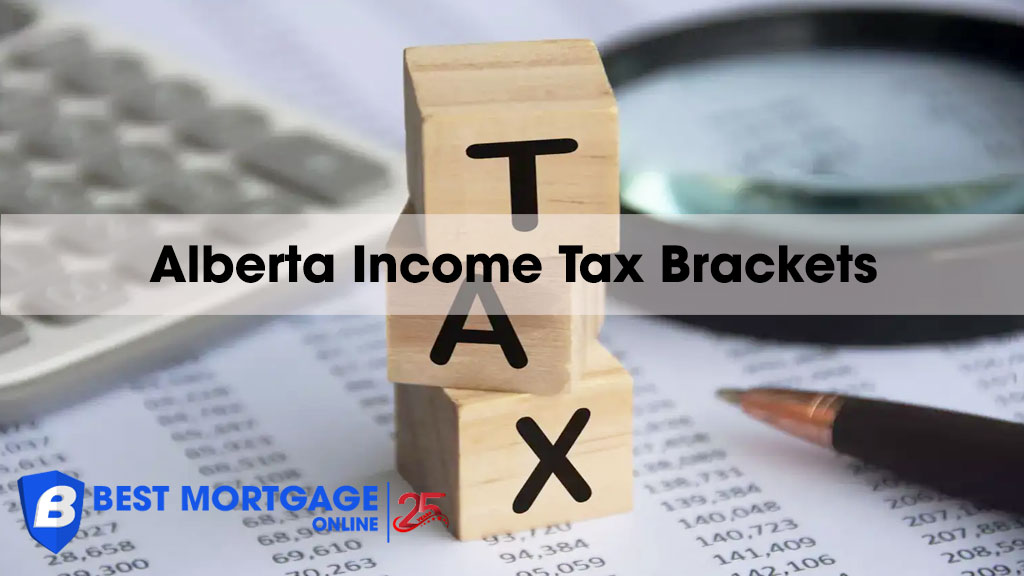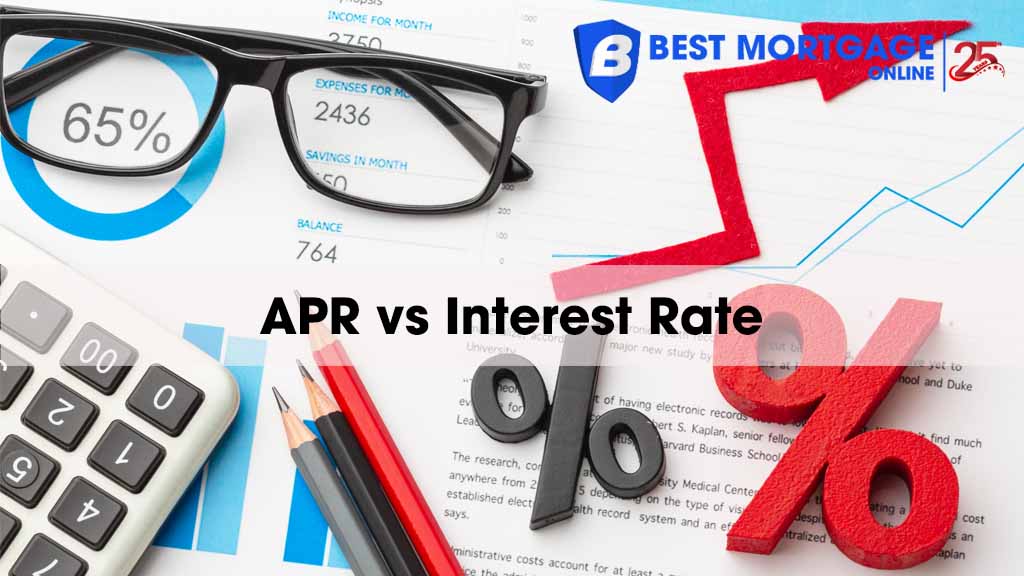As a Quebec resident planning for the 2025 tax year, fully grasping provincial and federal income tax brackets, rates, credits, and deductions is essential to minimize your tax liability. This guide provides key Quebec taxation details for the 2024 and newly indexed 2025 tax years, covering everything from marginal tax rates by income level to tax credits for families and seniors, as well as tax planning strategies.
Quebec Tax Rates 2024 & 2025
For the 2024 and 2025 tax years, Quebec income tax brackets and rates are as follows:
| 2025 Quebec Tax Rate | 2025 Quebec Tax Bracket | 2024 Quebec Tax Rate | 2024 Quebec Tax Bracket |
|---|---|---|---|
| 14% | $53,255 or less | 14% | $51,780 or less |
| 19% | Over $53,255 up to $106,495, plus | 19% | Over $51,780 up to $103,545 |
| 26% | Over $106,495 up to $129,590, plus | 24% | Over $103,545 up to $126,000 |
| 25.75% | Over $129,590 | 25.75% | Over $126,000 |
This indexation adjustment accounts for inflation, ensuring the tax burden remains consistent year-over-year in real dollar terms, based on a fixed reference year. These updated 2025 tax brackets for Quebec reflect a $1,475 increase to the basic exemption amount, along with parallel shifts in the income thresholds for each marginal tax rate.
Quebec Marginal Tax Rate
In addition to provincial taxes, Quebec residents must also pay federal income tax each year. The federal tax brackets for 2025 are:
- 14.5% on taxable income up to $57,375, plus
- 20.5% on income over $57,375 up to $114,750, plus
- 26% from over $114,750 up to $177,882, plus
- 29% from over $177,882 up to $253,414, plus
- 33% over $253,414
All Quebec residents can claim the basic personal amount (BPA), which provides tax-free income eligibility up to the defined threshold. According to Revenu Québec, the basic personal amount for 2024 is $18,056, on which no provincial income tax is owed. This has been indexed up to $18,571 for 2025.
The federal basic personal amount is $15,705 for 2024 and $16,129 for 2025 after indexation. Any income above this base amount becomes subject to federal and provincial income taxes.
The table below summarizes the Quebec marginal rates for 2024 and 2025, including Quebec BPA credit. These rates comprise the base Quebec provincial tax plus the federal tax, reduced by 16.5% from the federal abatement.
| 2025 Taxable income | 2025 Marginal tax rate | 2024 Taxable income | 2024 Marginal tax rate |
|---|---|---|---|
| First $16,129 | 0% | First $15,705 | 0% |
| $16,130 – $53,255 | 26.11% | $15,706 – $51,780 | 26.53% |
| $53,256 – $57,375 | 31.11% | $51,781 – $55,867 | 31.53% |
| $57,376 – $106,495 | 36.12% | $55,868 – $103,545 | 36.12% |
| $106,496 – $114,750 | 41.12% | $103,546 – $111,733 | 41.12% |
| $114,751 – $129,590 | 45.71% | $111,734 – $126,000 | 45.71% |
| $129,591 – $177,882 | 47.46% | $126,001 – $173,205 | 47.46% |
| $177,883 – $253,414 | 50.22% | $173,206 – $246,752 | 50.23% |
| $253,415 and over | 53.31% | over $246,752 | 53.31% |
These combined rates comprise the base Quebec provincial tax plus the federal tax, reduced by 16.5% from the federal abatement. Actual income taxes payable depend on your tax bracket and are calculated by applying the appropriate marginal tax rate to each portion of your income.
Understanding marginal tax rates
The marginal tax rate refers to the tax percentage levied against your next or marginal dollar of income, based on the tax bracket it falls into. Quebec, like Canada overall, uses a progressive tax system, meaning higher earnings are taxed at increasingly higher rates using income thresholds and multiple tax brackets.
As you earn more, portions of your income cross into higher brackets, where they become subject to new, higher marginal tax rates. However, this rate only applies to amounts exceeding each bracket threshold, not the total income amount. This helps ensure affordability and fairness across income levels.
Quebec Capital Gains Tax
The effective Quebec capital gains tax rates for 2024 and 2025 by marginal income tax bracket are:
| 2025 QC Taxable Income | 2025 QC Capital Gain Tax | 2024 QC Taxable Income | 2024 QC Capital Gain Tax |
|---|---|---|---|
| First $53,255 | 13.05% | First $51,780 | 13.26% |
| $53,256 – $57,375 | 15.55% | $51,781 – $55,867 | 15.76% |
| $57,376 – $106,495 | 18.06% | $55,868 – $103,545 | 18.06% |
| $106,496 – $114,750 | 20.56% | $103,546 – $111,733 | 20.56% |
| $114,751 – $129,590 | 22.86% | $111,734 – $126,000 | 22.86% |
| $129,590 – $177,882 | 23.73% | $126,001 – $173,205 | 23.73% |
| $177,883 – $253,414 | 25.11% | $173,205 – $246,752 | 25.12% |
| over $253,414 | 26.65% | over 246,752 | 26.65% |
Only 50% of any capital gains realized on investments are included in taxable income, reflecting the fact that it represents an increase in value rather than new income. This is known as the inclusion rate. The applicable marginal tax rate as per your income tax bracket is then assessed against half of your capital gain amount.
Common investment types subject to capital gains tax when sold at a profit include:
- Stocks & bonds – publicly traded shares and debt instruments
- Mutual funds – professionally managed investment funds
- ETFs (Exchange-traded funds) – stock market-listed funds
- Real estate – residential/commercial property
Taxes are only triggered when these capital assets are actually disposed of for a gain. Capital losses can be used to offset capital gains in computing net taxable capital gain income.
What are the most popular tax credits and deductions in Quebec?

Quebec offers a wide array of provincial and federal tax credits and deductions that can help residents reduce their overall income tax burden.
- QC childcare expenses tax credit – provides tax relief for children under age seven at licensed daycares
- Tax credit for children’s activities – supports extracurricular activities focused on physical health, arts or culture
- Tax credit for adoption expenses – helps cover associated fees and travel costs
- Tax credit for home-support services for seniors (70+) – financial assistance to hire help with cleaning, snow removal, lawn care, etc.
- Tax credit for caregivers – provides support if caring for an infirm family member
- Age amount tax credit – provides relief for those 65+ years old
- Living alone amount – additional support if maintaining a self-sufficient household
- Solidarity tax credit – rebate for low and middle-income households
- Work premium tax credits – encourage workforce participation
- Tax shield credit – protects tax credits against erosion from rising income
- QC dividend tax credit – rewards investment income from Canadian corporations
- QC homebuyer tax credit – support for a first-time home purchase
- Medical expenses tax credit – helps offset excessive healthcare costs
Quebec offers one of the most generous sets of personal tax credits and deductions in Canada. Taking advantage of these tax relief measures requires understanding which incentives apply to your situation and how to file to receive them properly.
How much tax is deducted from your paycheque in Quebec?
Your employer must remit pay cheque deductions to Revenu Quebec and the CRA every month for income tax, CPP/QPP contributions, EI premiums and other withholdings. This amount appears under “Income tax deducted” in Box E on your RL-1 slip.
The exact tax percentage withheld depends on your projected total taxable income across the federal and Quebec marginal tax rates. Specialized payroll software uses personalized tax credits, deductions and income data to estimate annual taxes owing. More tax is deducted as income increases through higher marginal tax rate thresholds. Those earning under $53,255 in 2025 have 14% deducted. Above $129,590 sees 25.75% plus federal tax deducted.
Revenu Quebec’s payroll deductions online calculator lets you estimate provincial income tax withholdings. The federal Payroll Deductions Online Calculator determines federal deductions. Combining the two indicates potential deductions on upcoming paycheques based on personal tax situations.
FAQs related to Income Tax Quebec
Can I receive the climate action incentive payment if I live in Quebec?
No, Quebec has a separate cap-and-trade emission credit system, so residents do not qualify for the federal climate action incentive payments issued in other provinces.
What medical expenses qualify for the tax credit in Quebec?
Eligible medical expenses that qualify for the federal and Quebec medical expense tax credit include healthcare professional fees, dental work, prescription medications, insurance premiums, travel costs to obtain treatment, and more when above 3% of net income.
Can I view past copies of my Quebec provincial tax returns?
Yes, you can access prior-year returns filed with Revenu Québec digitally using an online account or submit a paper request to have historical returns mailed to you. Records are retained for 7 years.
When are personal income taxes due in Quebec?
Personal income tax returns, both federal T1 and Quebec TP1 forms, must be filed annually by April 30 for the preceding tax year for most individuals. Self-employed taxes are due June 15.
What income tax benefits are available for senior citizens in Quebec?
Those 65+ can claim the Quebec age amount, pension income amount, supplement for seniors benefiting from split pension income, amounts for retirement income from RRSP/RRIF, and more based on age and income.
The bottom line
As a Quebec taxpayer, understanding provincial and federal income tax brackets, marginal rates, credits, deductions, and planning strategies is crucial. Be sure to apply the tax planning techniques around credit utilization timing, pension income splitting and more. This can help you forecast, control and reduce income taxes owed now and over time.




